
How to bring aid to Afghanistan

Little more than a month after the departure of American troops from Afghanistan, people in the country are struggling to pay for basic necessities as foreign cash dries up. Can Switzerland and other donor countries build a “relationship of trust” with the Taliban to avert an economic – and humanitarian – catastrophe?
Along with the evacuation of foreign soldiers and citizens and groups of vulnerable Afghans, the return of the Taliban to power in August precipitated the flight of donors. Among them, Switzerland evacuated all of its staff and shuttered its office, effectively halting its presence in a country deemed a priority for bilateral development cooperation.
Coupled with the suspension of funds from the World Bank, the International Monetary Fund (IMF) and the United States Federal Reserve, the impact on the country has been far-reaching. Salaries are not being paid and the banking system is in disarray. Meanwhile, the price of food and fuel is soaring. Aid groups are struggling to cope.
“We cannot rent a truck to deliver food in a refugee camp because our liquidity is so low,” said Marie Lequin, Head of the Eurasia division at Geneva Call, a Swiss-based humanitarian organisation with operations in Afghanistan.
Much of that cash has evaporated because, as the IMF explained, there was “a lack of clarity within the international community regarding recognition of a government in Afghanistan.”
At a hastily arranged donor conference in Geneva mid-September, United Nations Secretary-General António Gutteres stressed not only the need for emergency funding for aid agencies, but also that it was “very important to engage with the Taliban” to avoid further human suffering.
Yet there is a lot of uncertainty among donors about building a “relationship of trust” – as Guterres put it – with the new leaders in Kabul and allowing funding to resume. Since the Taliban’s return, no government has formally recognised the regime, which last ruled Afghanistan nearly a generation ago under strict Sharia Law. The group is subject to an arms embargo and UN sanctions that target leaders’ financial assets.
Instead Switzerland, like many other countries, is acknowledging the Taliban as the “de facto” authorities in the country and channeling emergency aid mainly through the UN and other agencies that remain in Afghanistan.
States, however, cannot put off the question of recognition or dialogue with the Taliban for long.
Urgent needs
The lack of consensus over recognition is holding up financial assistance that could help to avert a greater humanitarian crisis.
“A lot of the funds have been suspended because, understandably, donors have doubts about how the money will circulate,” said Lequin. “But this has an impact on our ability to work and address needs rapidly.”
In Geneva, donor countries including Switzerland pledged a combined $1 billion (CHF930 million) to UN and other international aid agencies for immediate humanitarian assistance. This emergency spending partly makes up for funds blocked by international monetary institutions, a Swiss foreign ministry spokesperson told SWI swissinfo.ch in an email.
“The emergency aid will help to avoid a total economic collapse,” said Elisa Raggi, who added that, without donors’ support, the UN agencies would be unable to offer assistance to the Afghan people.
But the impressive donations mask difficulties on the ground.
Geneva Call works with local civil society groups, but all face the same constraints: how to access money for their programmes, pay their staff or wire funds. Getting assistance and international personnel into the country is also challenging, with organisations relying on land crossings, where controls are tight, according to Lequin, and only one air bridge – through Pakistan, which must issue visas – currently open.
Lequin said the need for international dialogue with the Taliban to resolve these issues was urgent.
“The conditions in which people are living are dire,” she said. “Winter is coming, so an air bridge needs to be operating on a daily basis, and diplomatic efforts for this are crucial.”
Anita Dullard, the Asia-Pacific regional media advisor for the Geneva-based International Committee of the Red Cross, said the ICRC’s focus currently was on civilians’ immediate needs, such as access to healthcare and clean drinking water. Around 14 million people out of a population of 38 million risk starvation, UN data shows.
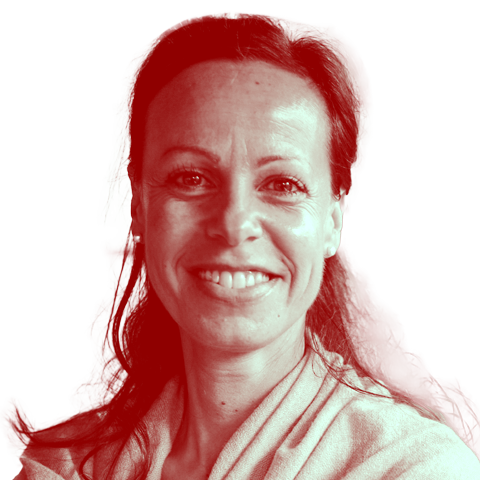
More
Why the ICRC will remain in Afghanistan
But while donor pledges may see aid agencies through the end of 2021, Dullard said the ICRC also has the long view. The organisation wants to broaden its capacity to deal with systemic issues like the effects of drought and the psychological impact of war on the population.
“Livelihoods and food security are really under threat [and] this is happening against the backdrop of decades of conflict,” she said.
Gaining international recognition
If there is a need to talk to the Taliban to deal with these short- and long-term humanitarian challenges, dialogue does not have to lead to recognition of who represents the state, according to Paola Gaeta, a professor of international law at The Graduate Institute in Geneva.
“[States] can agree on the modalities of aid delivery, but they may say that by doing this, they are not recognising the Taliban de jure [formally] as the government of Afghanistan,” she explained.
Normally, the government that exercises control over most of a country is the one that is recognised as representing the state, said Gaeta.
But in the case of the Taliban – which has taken over most of Afghanistan and formed an interim government – the international community is questioning the group’s legitimacy and reliability, Gaeta added. Several members of the interim cabinet are on the UN’s terrorism blacklist.
The dilemma over conferring international recognition came to a head at the UN General Assembly in New York last month. Both the UN ambassador appointed by the previous regime and the newly appointed Taliban minister of foreign affairs sent letters presenting their credentials. The new foreign minister argued that the former president, Ashraf Ghani, had been “ousted” and his government was no longer recognised “by most countries”, according to a UN spokesperson.
In the end no Afghan representative spoke during the general assembly debate. The credentials committee is unlikely to make a decision on accreditation for the Afghan state before November, media reports say.
Building trust with the Taliban
Wrangling over representation at the UN shows that while the Taliban are eager for legitimacy, it may take time for states to come around to Guterres’ idea of a relationship of trust.
One complicating factor is the presence of different factions within the Taliban, including figures suspected of attacks on the Afghan armed forces and their allies. The UN sanctions prevent countries from sending assistance that could benefit the Taliban.
“Donors may fear the aid could be diverted for other purposes not conform with international law,” said Gaeta. “That’s always the risk when you have a ‘rogue’ government in place.”
If not the humanitarian crisis, the Taliban’s history of harbouring international terrorists on Afghan soil may be what pushes states to finally find a common approach for engaging with the Taliban. There appears to be some agreement among UN Security Council members, including Russia, China and the United Kingdom, on the need to address the issue of security.
The country knows it’s in dire straits, and the Taliban could have something to offer – such as keeping its pledge to prevent Afghanistan from becoming a terrorist launch pad – in return for assistance.
Asked if Switzerland was working on an approach for recognising a new Afghan state, Raggi of the foreign ministry said the Swiss were in contact “with other Western governments regarding the political position vis-à-vis the Taliban.”
Back in the field, both the ICRC and Geneva Call have experience talking to the Taliban to ensure safe conditions for their staff and the communities they serve. So far, the two organisations are able to operate safely. But they constantly monitor the situation and keep channels of communication open with the country’s leaders.
“Trust is at the crux of how we build any relationship with the parties,” said Dullard.
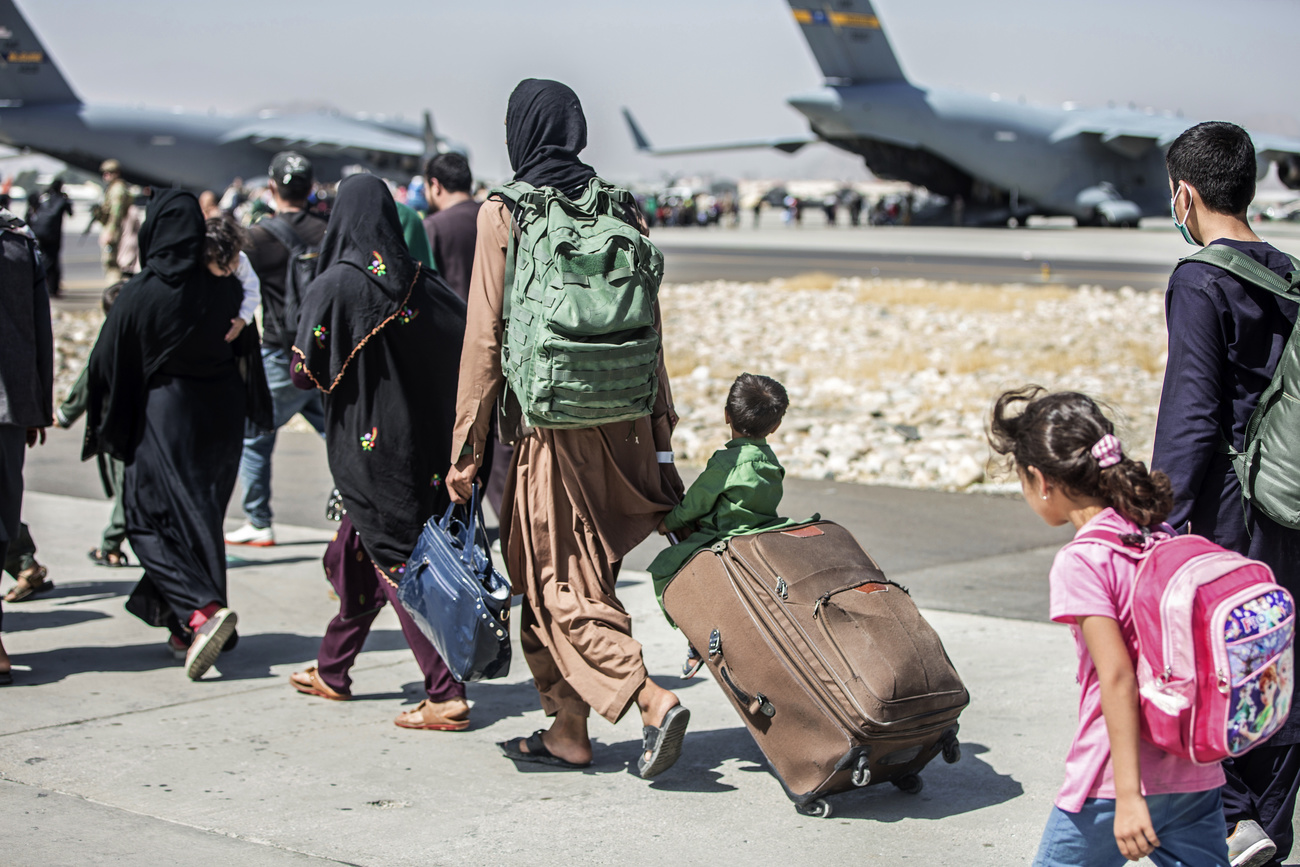
More
What’s next for the women of Afghanistan?

In compliance with the JTI standards
More: SWI swissinfo.ch certified by the Journalism Trust Initiative
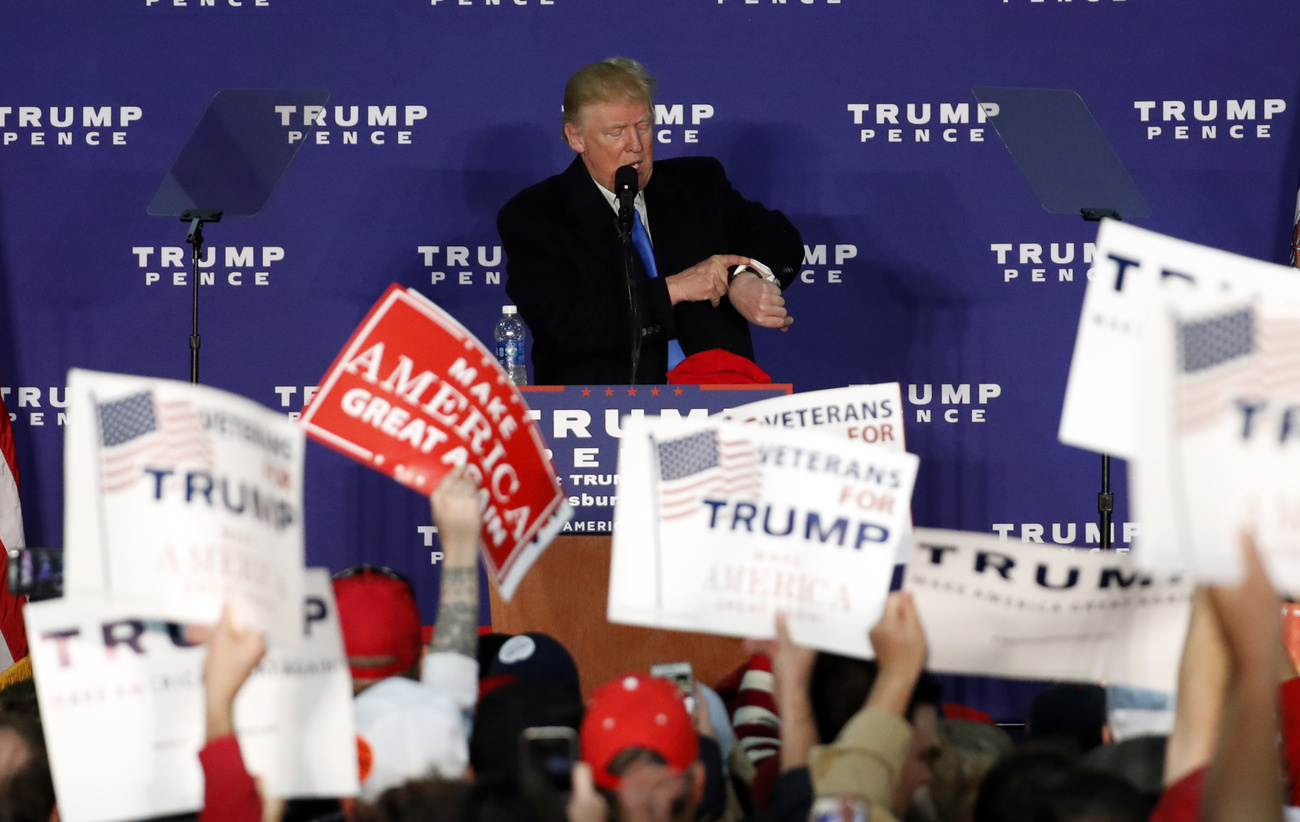
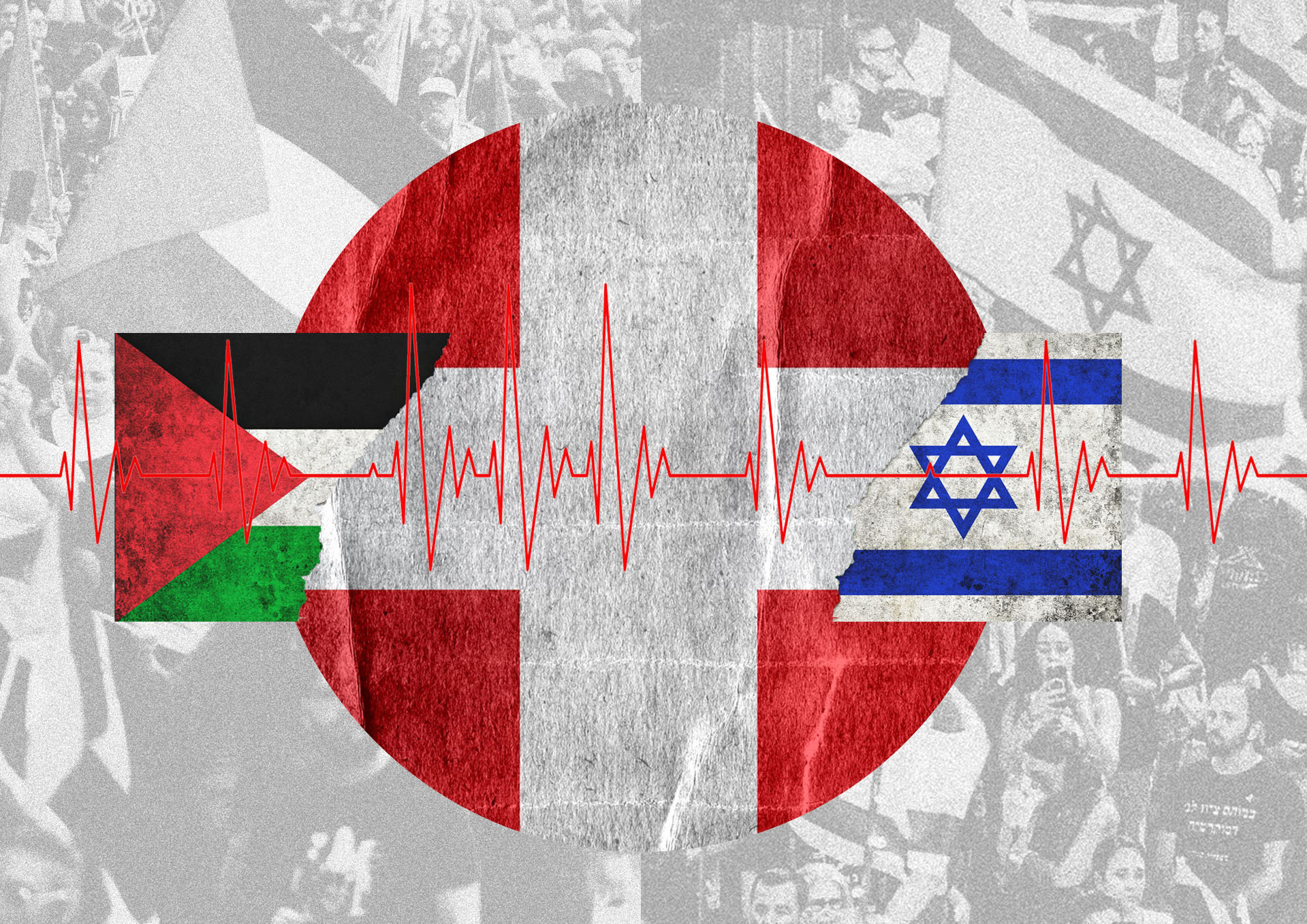




















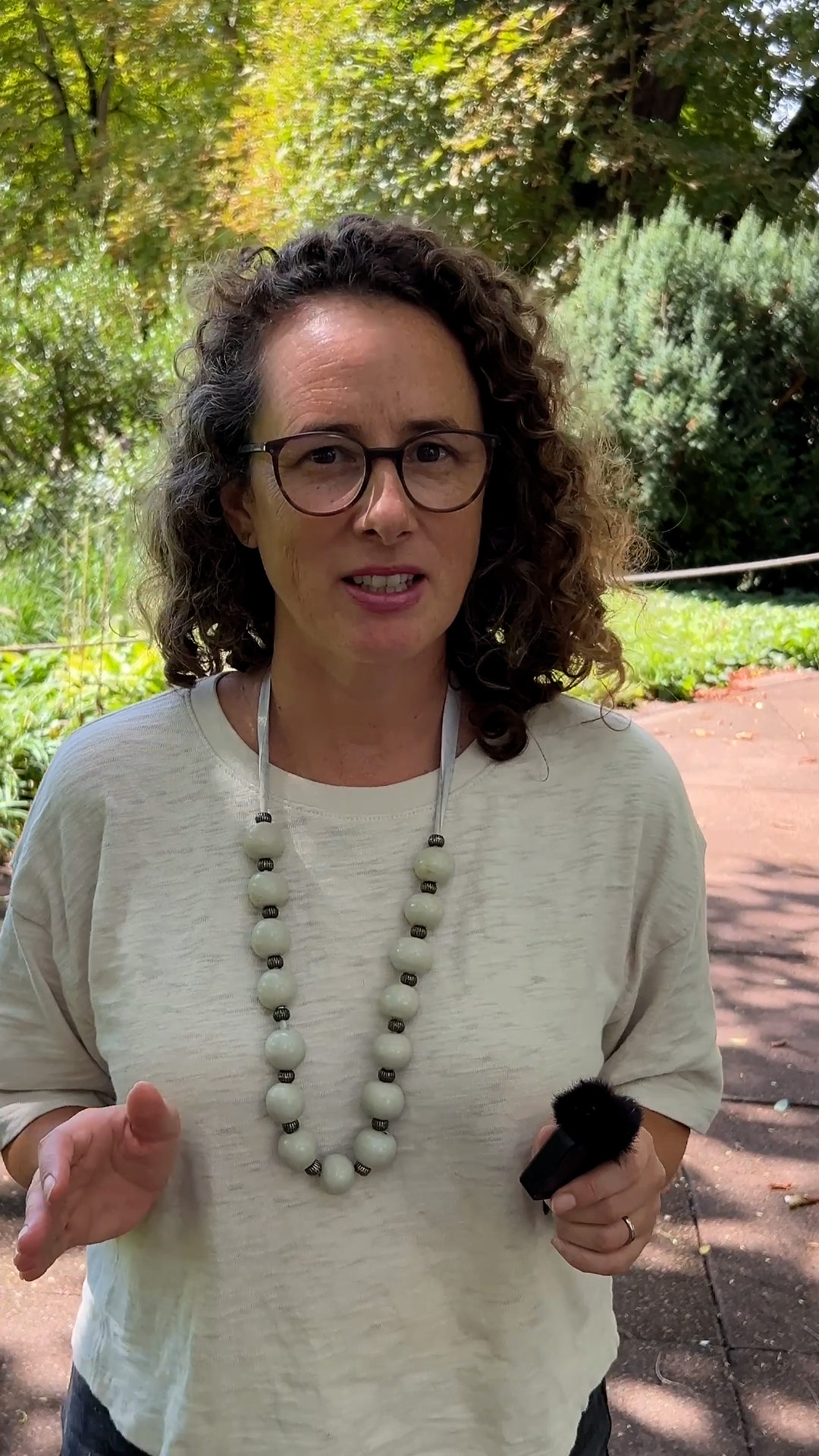





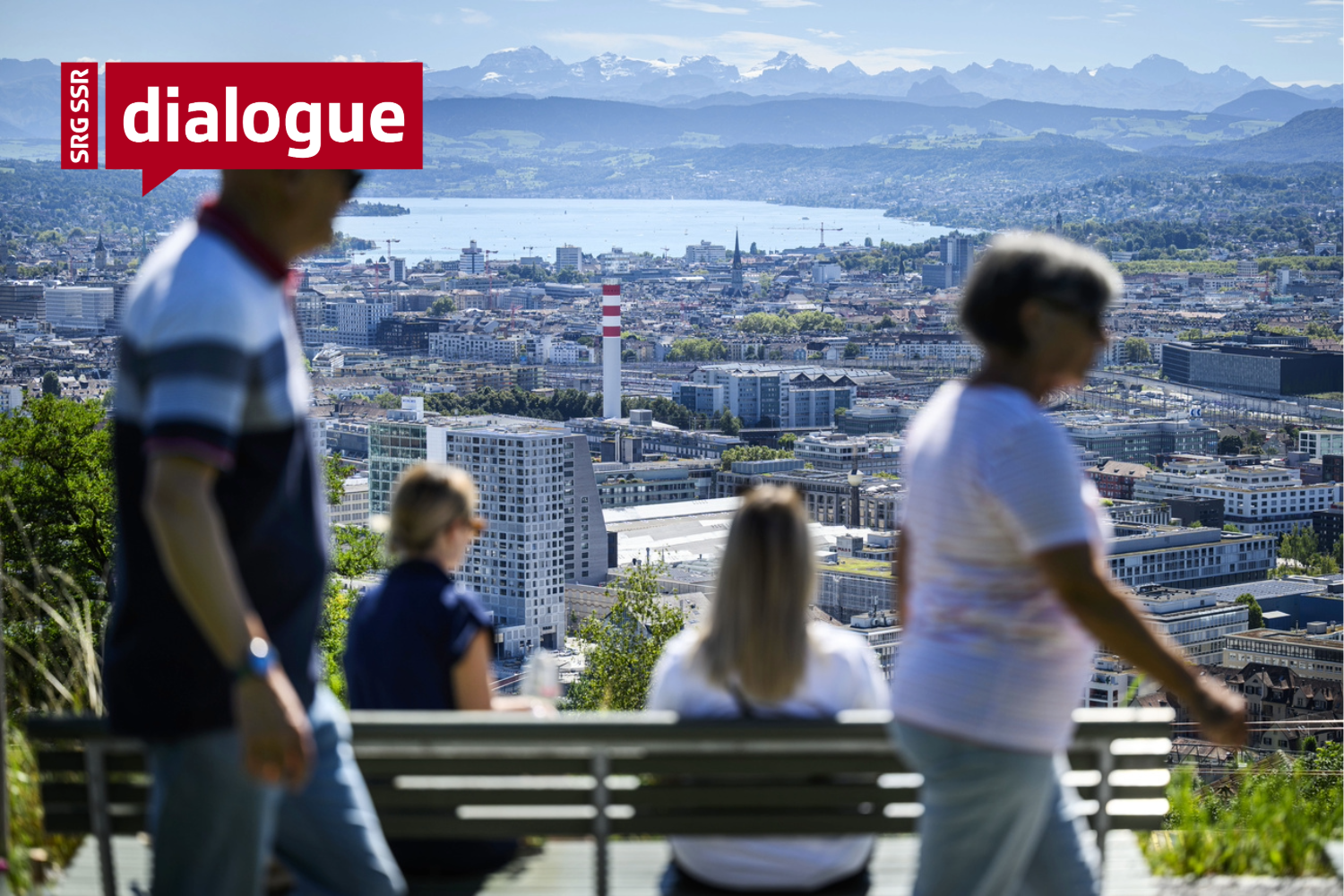











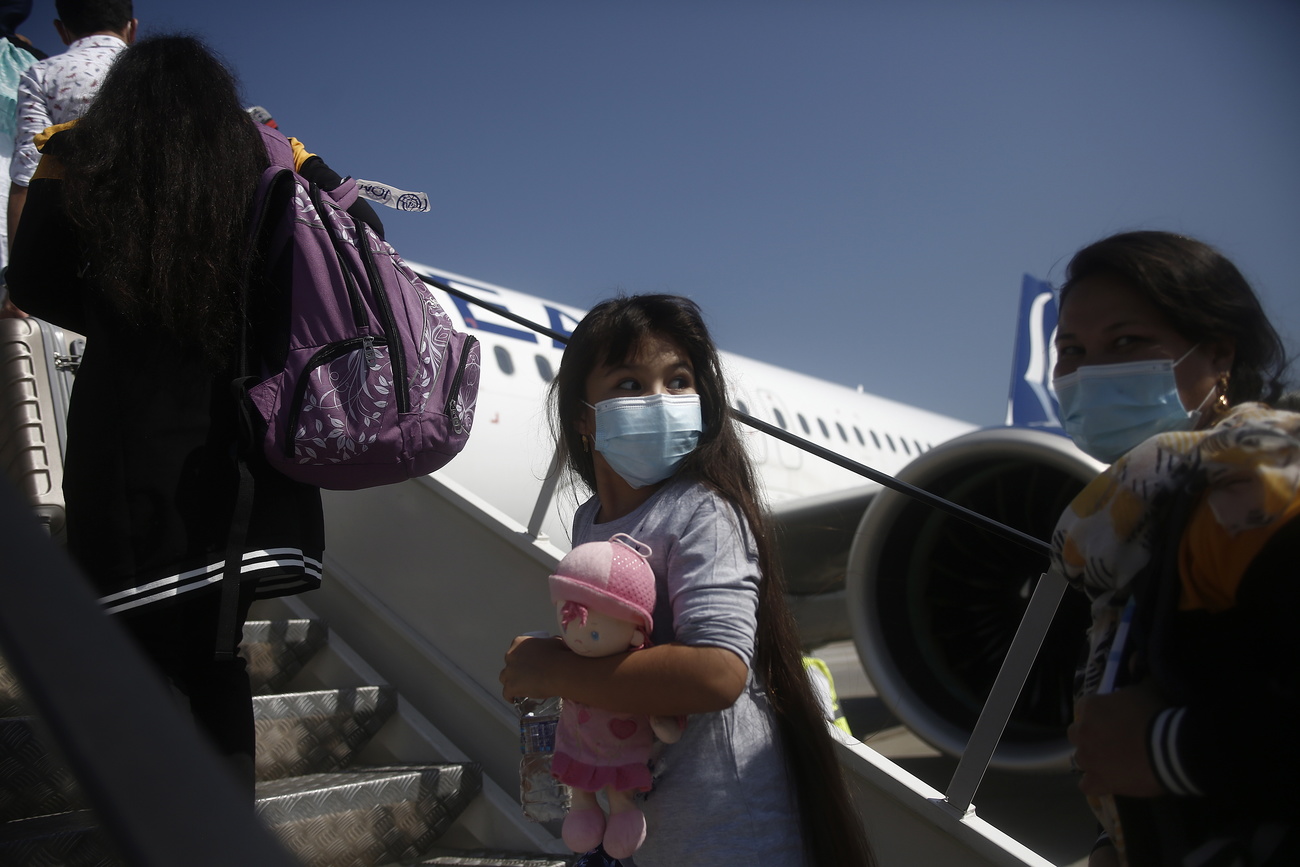

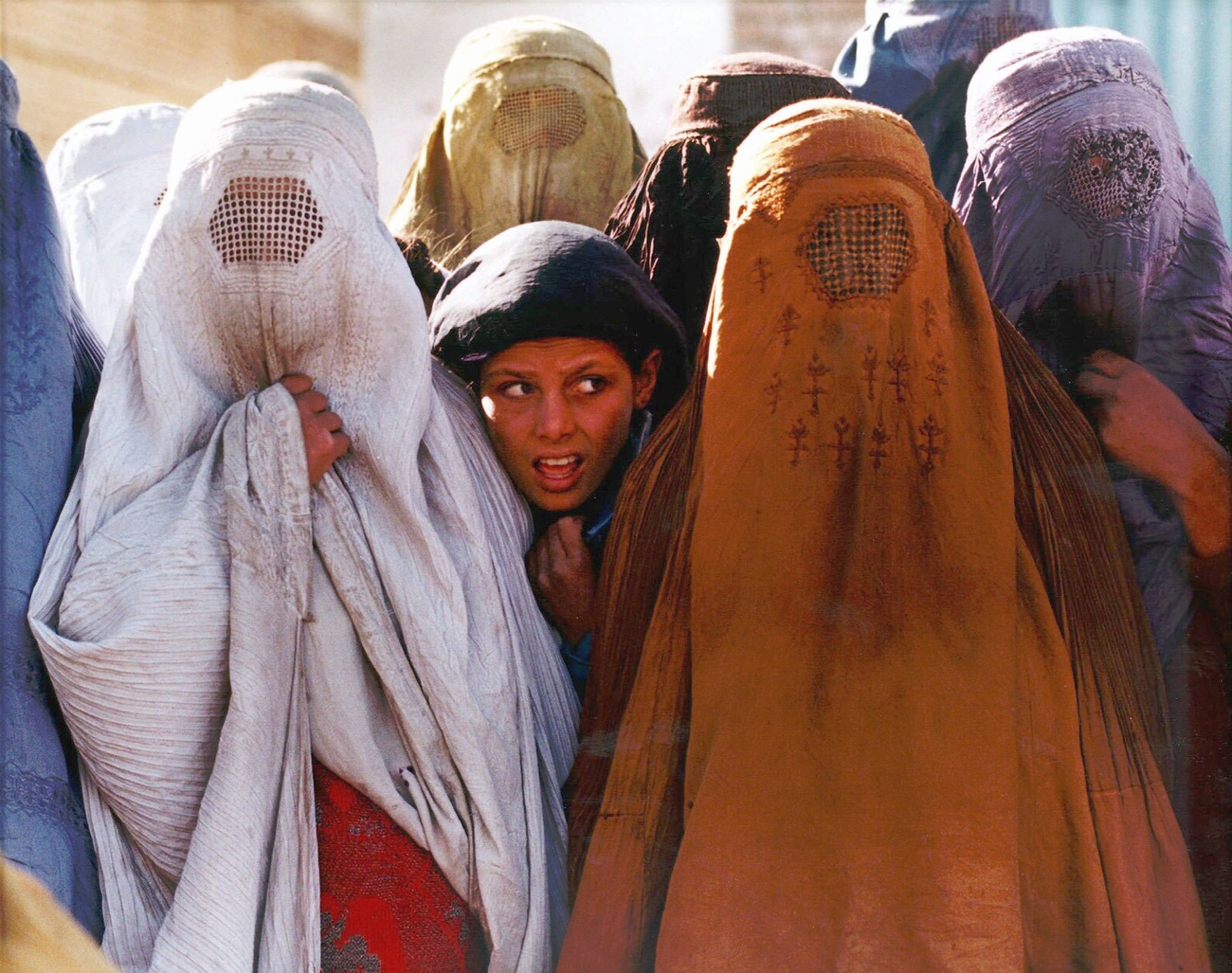
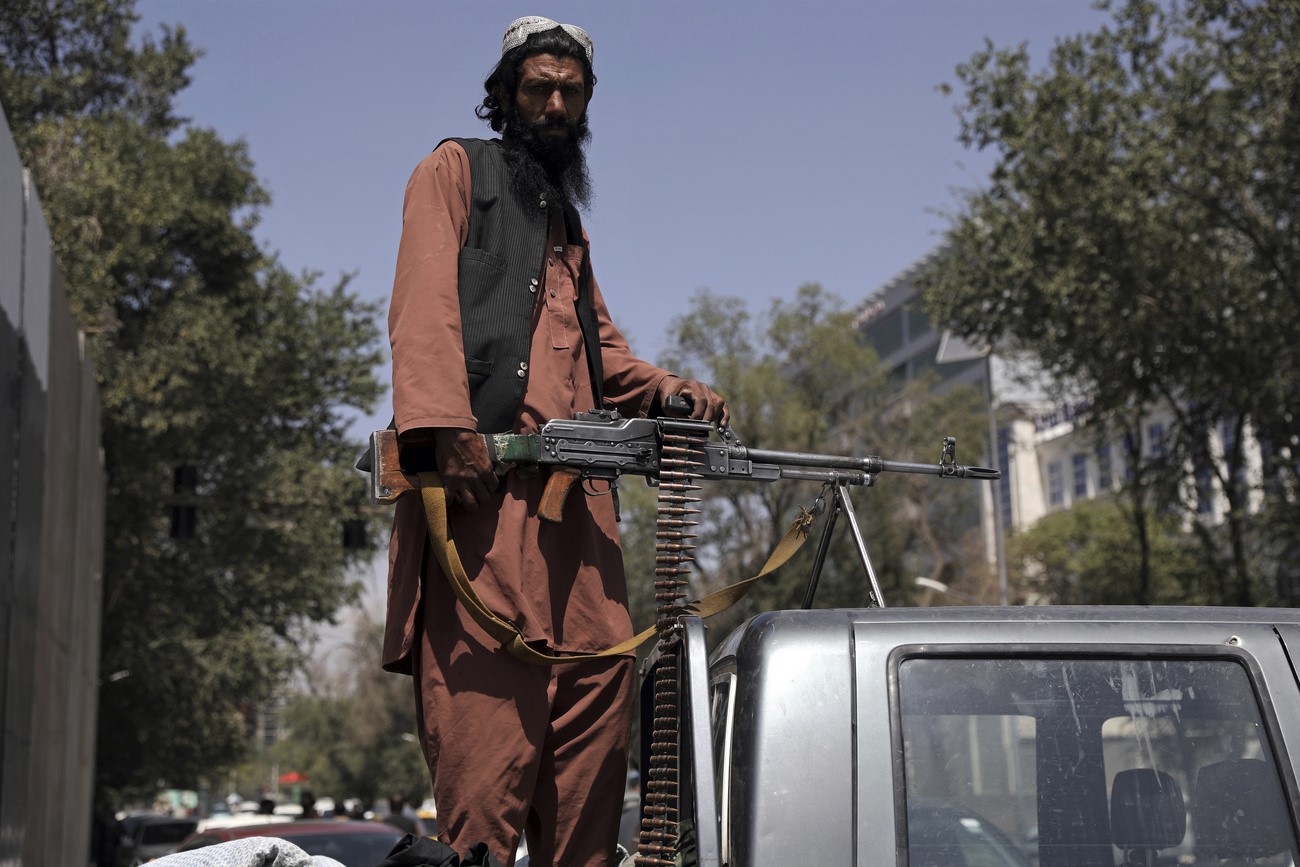
You can find an overview of ongoing debates with our journalists here . Please join us!
If you want to start a conversation about a topic raised in this article or want to report factual errors, email us at english@swissinfo.ch.